6 proven ingredients to help boost mood, support stress response, and promote full body wellness.*
Clinically-Backed Ingredients. Research-Based Support. It’s a Mood.
Get Mood Support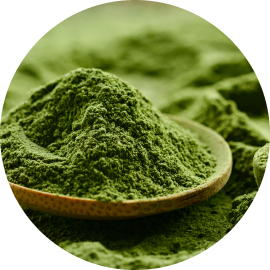
L-theanine is an adaptogen and naturally-occurring amino acid found in several tea plants with proven relaxation benefits. These are thought to be the result of its interaction with several of the main neurotransmitters in the brain, including serotonin, dopamine and glutamine.
In clinical settings, l-theanine has demonstrated an ability to balance mood, support recovery at night, and protect brain health. Recent research points to L-theanine’s ability to reduce resting heart rate as another reason why it can be effective at promoting relaxation. ¹
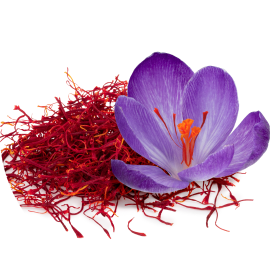
Affron® is a clean, potent extract of the nootropic saffron. Saffron has been used medicinally for millennia, as its main bioactive components have been shown to support mood, learning, memory, concentration, and stress response. These multifaceted abilities are why MTE chose to include saffron in our mood-boosting wellness drink. ² ³
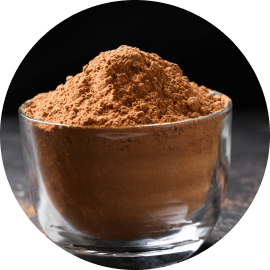
An amino acid with multifaceted abilities, GABA acts as the body’s main inhibitory neurotransmitter – it calms down overexcited neurons, which acts to promote a calm focus by helping you to stop overthinking. GABA specifically targets neurotransmitters associated with feelings of tranquility that don’t compromise feeling alert and clear-headedness.
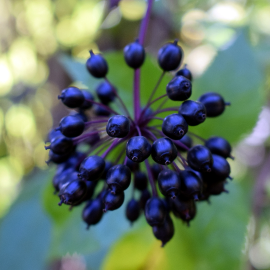
Also known as Siberian ginseng, eleuthero contains much of the same bioactivity as regular ginseng, plus a few bonuses. In fact, it was initially used as a stamina and energy booster for Russian soldiers in the mid-20th century.
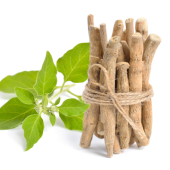
Ashwagandha is perhaps the most important herb in ancient Eastern medicines, and is experiencing a renaissance in modern times. Of the many talents this adaptogen possesses, it has demonstrated several bioactive properties, including support for stress response.
